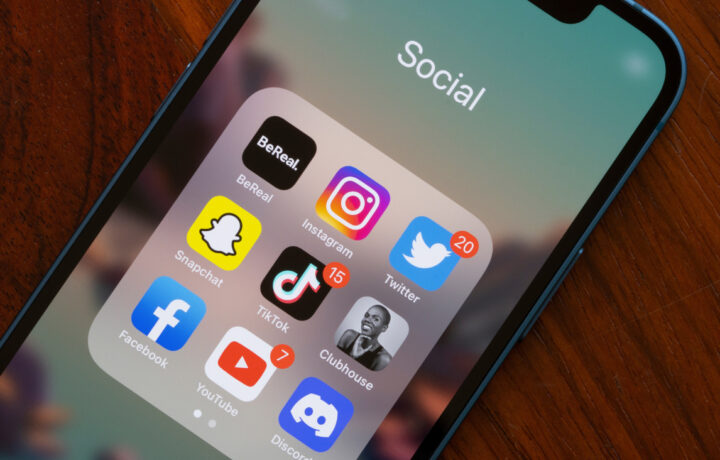Following tragic events such as a mass shooting, there are questions as to why those in law enforcement failed to miss the warning signs. Similar questions are now being asked of 21-year Jack Teixeira, who was accused last month of leaking Pentagon documents via a social messaging platform frequented by video game players.
More ominously, it has been alleged that the former Massachusetts Air National guardsman had researched mass shootings and also discussed violence and murder. Yet, Teixeira had a TS/SCI clearance because of his job in IT and past work at Fort Bragg. It has been reported that he probably had access to the U.S. military’s Joint Worldwide Intelligence Communication Systems, which allowed him to access sensitive material and then misuse his access to pass it along to his online ‘friends’.
Were the Warning Signs Missed?
Teixeira’s background check would have been conducted by the Defense Counterintelligence and Security Agency. So far, the Pentagon has disclosed a few specifics of what it knows about the Teixeira case and whether background investigators took appropriate steps to review his background.
Typically such a probe scrutinizes many aspects of an individual’s personal and professional life, including relationships with one’s family, interactions with foreigners, finances, mental health, sexual behavior, psychological state, past handling of protected information, and even drug and alcohol use.
What it doesn’t look into are discussions on private chat groups on sites like Discord, or even comments posted on social media, generally. There may be some irony that comments made on Twitter have gotten individuals fired from their jobs – such as Alexi McCammond who was forced to resign from her post at Teen Vogue for tweets she posted years earlier – while Teixeira was apparently making far worse statements.
A Failure of the SF-86?
The Standard Form 86, or SF-86, includes personal data dating back about seven to 10 years, or in some cases asking if a behavior has ever occurred. It asks about criminal history, military service, and financial issues, but as noted, online activity is typically an overlooked part of the process today. Mark S. Zaid, a Washington attorney who specializes in security clearances, said the forms need to keep up with the times.
“There are many modifications to the SF-86 I would suggest, particularly to provide clarity as to the definitions of certain terms, but as it relates to Teixeira, the questionnaire should require individuals to disclose all online usernames/identities and accounts, including Facebook, Instagram, Twitter, Truth Social, Snapchat, TikTok, etc.,” Zaid told ClearanceJobs. “It should make clear that the Government has the discretion to search the contents of all publicly available online postings.”
Teixeira is hardly the first gamer to show off by posting of classified materials – and as previously reported, there have been several examples where active duty military personnel around the world have “overshared” on gaming forums. But in Teixeira’s case, his activities were already a problem even before he leaked any materials.
Social Media Investigations
Social media, which at times is increasingly anti-social media as the comments are rarely all that civil, has also become a platform where extremists on the far ends of the political spectrum now communicate. Often times it is even quite open.
Yet it is largely being ignored, even during a security clearance investigation.
“Section 29 should also be expanded in light of January 6th and other events to address the existence of the expression of extremist/racist/anti-Semitic/violent views,” explained Zaid. “I fully understand there will be a First Amendment line that needs to be carefully navigated but having the privilege of access to classified information requires limiting one’s constitutional rights as a matter of course.”
Zaid admits this could create a number of problems that would need to be worked out and carefully considered.
“For example, what if someone has active chatroom discussions on a BDSM website,” he suggested. “It is perfectly legal and they might never use their real name, which minimizes blackmail or coercion concerns, and they might be very unwilling to reveal that. Should they have to, especially if they are not doing anything inappropriate? It is a fine line and really needs to be discussed.”
Private Conversations
There are other considerations – is what is said in a private chat room on Discord suddenly different from what two buddies might say over a beer in one’s man cave? One difference is of course that comments posted on Discord could be archived, as is often the case.
But monitoring the dialog between individuals in a private chat room would likely be seen as the same as listening to one’s conversations in their home. The line may be drawn based on the level of assumed privacy within the group.
“I am not suggesting the [government] should be allowed or authorized via a waiver to review any private conversations or chat rooms, which would include the circumstances on Discord where Teixeira was operating,” Zaid continued. “But we also know from many examples that a lot of extremists are publicly chatting on sites that anyone can see. If the public can see it, so should the government.”




